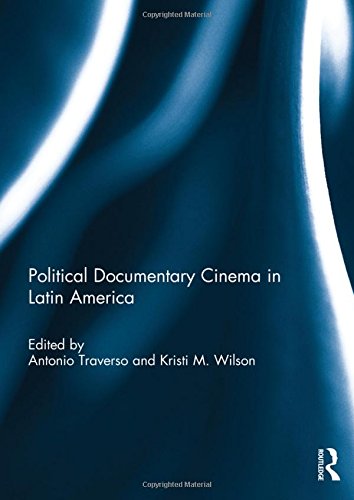

Most ebook files are in PDF format, so you can easily read them using various software such as Foxit Reader or directly on the Google Chrome browser.
Some ebook files are released by publishers in other formats such as .awz, .mobi, .epub, .fb2, etc. You may need to install specific software to read these formats on mobile/PC, such as Calibre.
Please read the tutorial at this link: https://ebookbell.com/faq
We offer FREE conversion to the popular formats you request; however, this may take some time. Therefore, right after payment, please email us, and we will try to provide the service as quickly as possible.
For some exceptional file formats or broken links (if any), please refrain from opening any disputes. Instead, email us first, and we will try to assist within a maximum of 6 hours.
EbookBell Team

4.8
94 reviewsPolitical documentary cinema in Latin America has a long history of tracing social injustice and suffering, depicting political unrest, intervening in periods of crisis and upheaval, and reflecting upon questions about ideology, cultural identity, genocide and traumatic memory.
This collection bears witness to the region's film culture's diversity, discussing documentaries about workers' strikes, riots, and military coups against elected governments; crime, poverty, homelessness, prostitution, children's work, and violence against women; urban development, progress, (under)development, capitalism, and neoliberalism; exile, diaspora and border cultures; trauma and (post)memory.
The chapters focus on documentaries made in Argentina, Brazil, Chile, Cuba, Mexico, and Venezuela, as well as on the work of Latino and diasporic Latin American political documentarians. The contributors to the anthology reflect the cultural and linguistic diversity of current Latin American film scholarship, with some writing in Spanish and Portuguese from Argentina and Brazil (with their original works especially translated), and others writing in English from Australia, Europe, and the USA.
This book was originally published as a special issue of Social Identities.